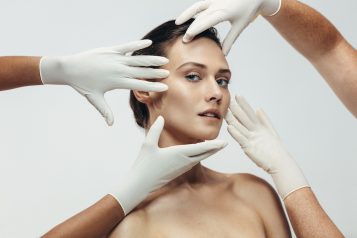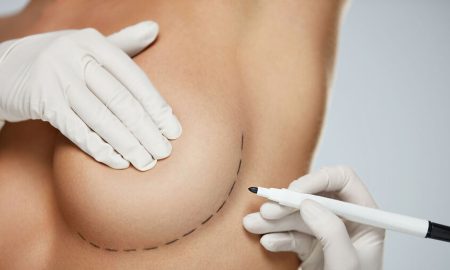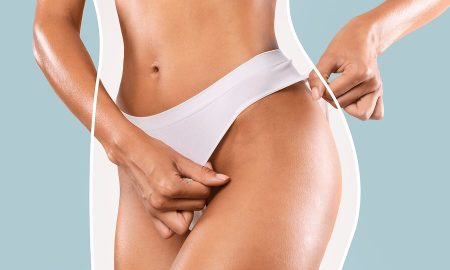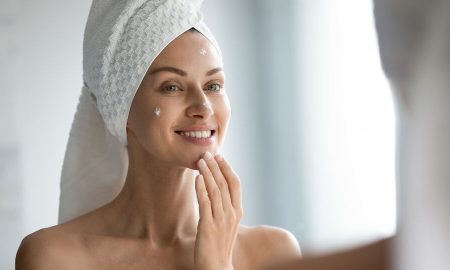Born in London, Dr. Purvisha Patel was raised in Wales (United Kingdom) and Virginia. She completed her undergraduate and medical school studies at the University of Virginia. She completed her dermatology training at The University of Tennessee Health Science Center in Memphis. Dr. Patel is certified by the American Board of Dermatology and is a member of the American Academy of Dermatology and the American Society for Dermatologic Surgery. Dr. Patel’s expertise in skin and skincare is also seen as she formulated and patented the Visha Skincare line when she saw that her products were working on patients of all ages, genders, and skin types. Dr. Patel is also a beauty influencer and her highly published dermatologist publications include Allure, Elle, Vogue, Cosmopolitan, Prevention, Readers Digest, Shape, Women's Health, etc.
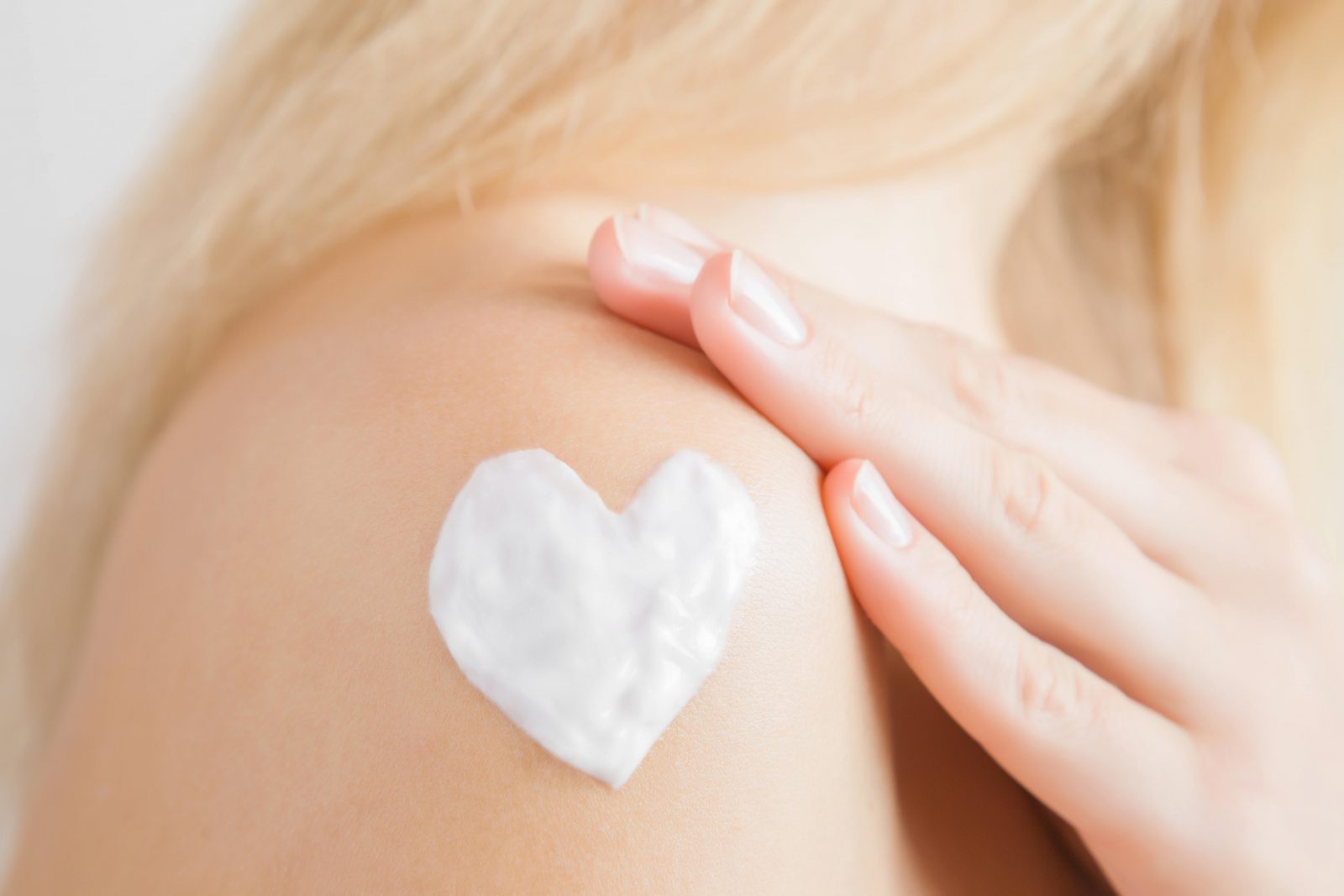
Do you have any recollection of skincare products you can or cannot use? If that's the case, you most likely have sensitive skin. Deciphering if you have sensitive skin can sometimes be a difficult task. Here Haute Beauty expert Dr. Purvisha Patel discusses everything to know if your skin identifies as sensitive.
What are signs you have sensitive skin?
Sensitive skin is characterized by skin that is not able to tolerate harsh conditions, chemicals, environments or even diets. The skin tends to get red, itchy or begins to peel when exposed to changes in the above and can lead to distressing rashes. Simply, it means that your skin is more reactive to its environment.
How common is it to have sensitive skin?
When people are asked if they have sensitive skin, the answer is 80% yes.
What are the most important things to know when creating a skincare routine for sensitive skin?
Don't disrupt your skin barrier, and if you do, repair it right away.
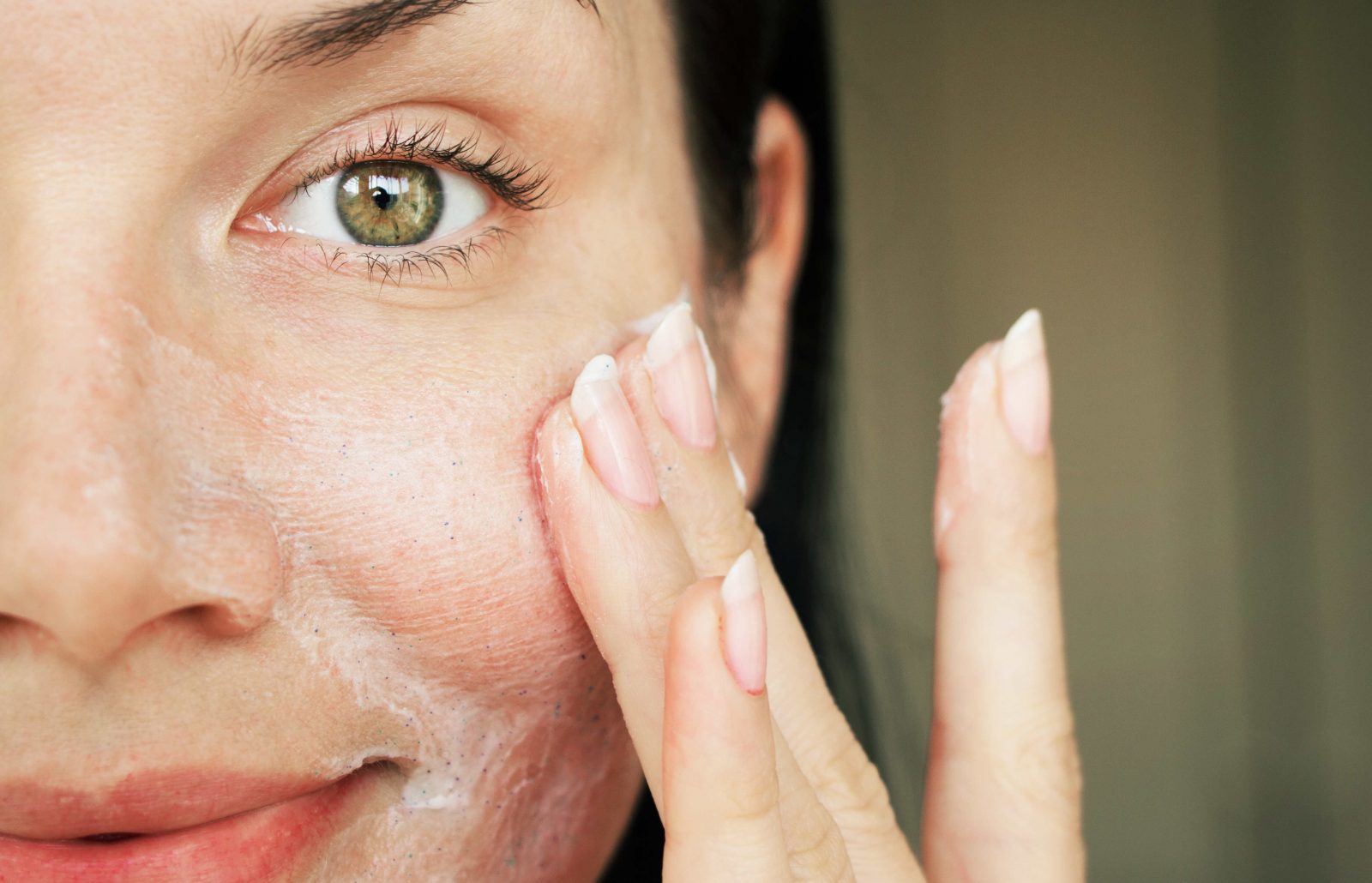
What ingredients should sensitive skin types avoid? What types of products?
Inert ingredients can cause irritation or allergic reactions in sensitive skin, depending on what they are. Common inert ingredients that cause reactions are propylene glycol, parabens, imidazolidinyl urea, Quaternium-15, DMDM hydantoin, phenoxyethanol, methylchloroisothiazolinone, fragrances and formaldehyde. All of these are added to products for shelf life or longevity or for the experience or smell of the product. Visha skincare, since it is dermatologist formulated, is free of inert ingredients that could cause allergic or sensitivity reactions.
Other things to keep your eye out for and avoid include:
- Alcohol-based astringents and foaming cleansers that have propylene glycol, a drying ingredient.
- Ingredients with strong acids, sulfates and parabens absorb more in sensitive skin and can cause more inflammation.
- Microbeads or exfoliating beads, are used for deeper exfoliation and can create small microtears in the skin, causing more inflammation.
- Higher concentrations of exfoliants such as AHAs, glycolic acid and retinol. These ingredients are meant to make the skin peel/exfoliate and can make sensitive skin react, or get worse.
- Products with retinol or benzoyl peroxide can cause the skin to get red and inflame.
What ingredients & products should sensitive skin types use and why? How often?
Niacinamide is a great additive to a preexisting skin care regimen and can be used by most alone or in combination products. It is best used alone in those with sensitive skin.
Castor oil helps soothe itchy dry skin or sensitive skin. It has been used also as a face oil for acne treatment. I tend to think it is a little too thick for this use and could increase breakouts but it can be diluted with tea tree oil to help with inflammation or spot treat on dry sensitive skin.
Those with sensitive skin should use very mild neutral pH cleansers such as Cetaphil or Purpose, so the skin does not get red and inflamed from washing.
Bakuchiol is not as irritating in the cell ten over process as retinol, resulting in less redness, peeling and sun sensitivity. It is better suited for sensitive skin. It is a great ingredient in body products (such as Visha Skincare Top2Toe) as it can be easily applied to the whole body without irritating the skin.








